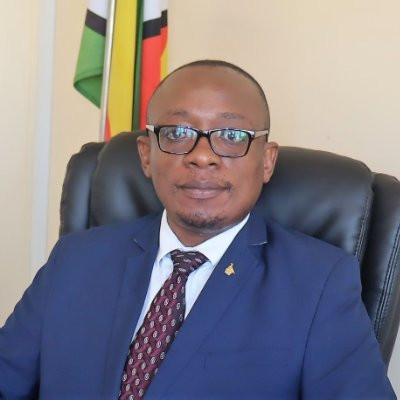
THE Matabeleland region needs a total of 173 school heads for both secondary and primary schools as Zimbabwe’s education sector continues to suffer brain drain due to low remuneration and poor working conditions.
The shortage of school heads in the region was revealed recently when the Primary and Secondary Education ministry called for applications last Friday.
According to a memorandum signed by Matabeleland North provincial education director Jabulani Mpofu and Public Service Provincial co-ordinator I M Ndebele, the deadline for receipt of applications is June 20 this year.
The notice indicated that 127 school heads are required in primary schools, while 46 are for secondary schools.
The notice was accompanied by application forms, on which the prospective candidates fill in details that include name, employment number, qualifications, date of appointment as deputy head and the station they want to be deployed to.
“Applications must be submitted through the applicant’s district schools inspector in triplicate for onward transmission to the provincial office. Those applying from other provinces should:
“Attach recommendation from your district schools inspector and the following documents should be attached to the applications: certified copies of ID, professional qualifications and CV,” the notice read.
The government last week indicated that at least 5 000 teachers left the profession for various reasons as of 2023, while 8 000 teachers were recruited since that year.
- I will definitely win 2023 elections: Mwonzora
- We will rule forever: ED says
- Mayhem as schools reject Zimdollar fees
- Candid Comment: Monetary authorities living in a fool's paradise
Keep Reading
Primary and Secondary Education spokesperson Taungana Ndoro said teacher welfare remained a priority, evidenced by regular salary reviews.
He said these included the latest adjustment of 10% + US$300 per month, ongoing classroom infrastructure upgrades with 2 800 new classrooms built in 2024 and expanded teacher housing schemes.
“Our verified data shows annual departures are significantly lower than the figures cited by unions. 2023 attrition is 5 217 (3,8% of workforce). Resignations were 2 109, retirements 2 866 and others 242,” he said.
Ndoro said the teachers who exited were replaced by 8 500 new teachers recruited in 2023, adding that desertion was not a recognised employment category and most departures followed due process.
On the contributory factors, Ndoro said exit interviews indicated varied motivations such as family relocation (42%), health/personal reasons (31%), career change (18%) and remuneration concerns (9%).
“The second republic has increased education funding by 137% since 2018, with further improvements budgeted for 2025. Teacher retention rate improved to 91% in 2023 (87% in 2020). Student-teacher ratio is now 35:1 (down from 42:1 in 2019),” he said.
“We have ongoing professional development for 140 000+ serving teachers. We are committed to constructive dialogue with all stakeholders through established platforms like the National Joint Negotiating Council. The ministry welcomes documented cases for individual follow-up to ensure every teacher's concerns are properly addressed.
“Quality education requires collective effort — we salute our diligent teachers while steadily improving systems through evidence-based reforms,” Ndoro said.
Meanwhile, Progressive Teachers Union of Zimbabwe president Takavafira Zhou said the union had received reports of teachers leaving or contemplating leaving the profession due to poor working conditions and remuneration, among many others.
“The statistics for early retirement or any other form of retirement are very difficult to get. However, we are losing between 15 000 and 20 000 teachers per year through desertion.
“Statistics for this are computable because apart from getting monthly provincial reports, the Salary Services Bureau also gives monthly indications of members whose dues cannot be deducted after leaving teaching,” he said.
Amalgamated Rural Teachers Union of Zimbabwe president Obert Masaraure said they were battling to convince members to remain in the teaching profession.
“The largest volume of cases we handle these days is of people in need of advice on how to secure a favourable early retirement. Teachers are fed up with the thankless job and want to move on to try other endeavours in life,” he said.
“From our union, we currently handle up to 50 cases of teachers who are going on early retirement. We do not have actual national statistics.”
Masaraure said teachers were always looking for a way out of the profession.
“At times, the teacher is simply thinking of investing the pension into some income-generating project. The government should engender a culture of genuine dialogue with employees and find ways of providing both monetary and non-monetary incentives to the hard-working teachers,” he said.
“Unfortunately, our government is investing so much in punishing teachers who complain about poor working conditions. The teachers will walk away at the slightest opportunity.
“Government doesn’t seem worried because if it was worried, it should have instituted measures to reverse the trend.









